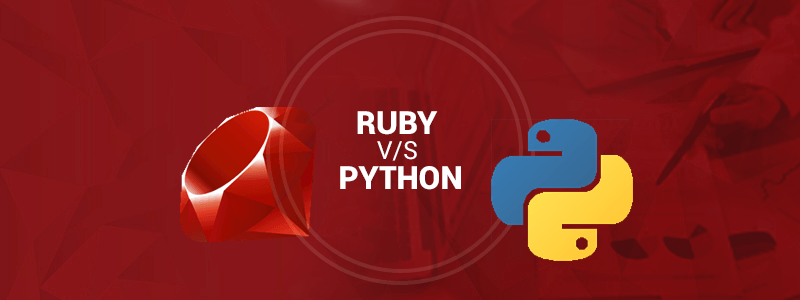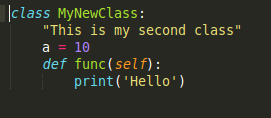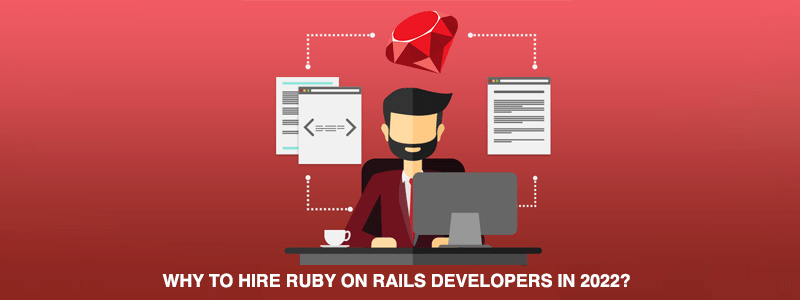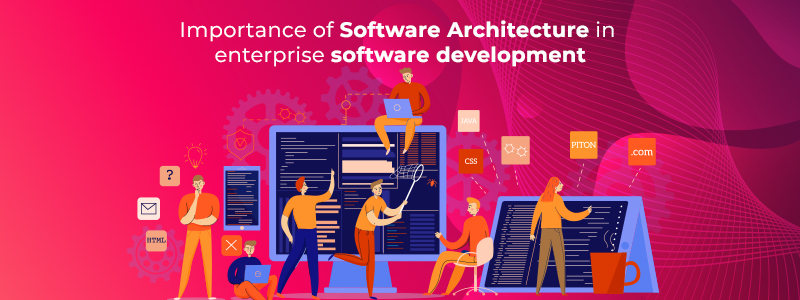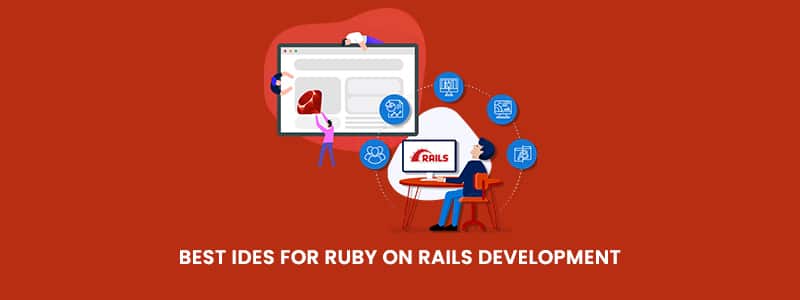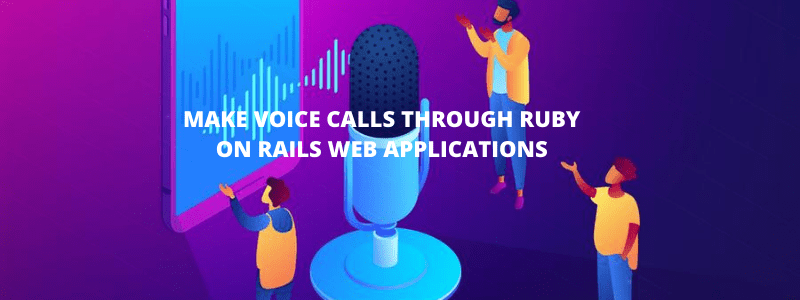Ruby und Python sind beide schnell und leistungsstark. Beide Sprachen werden in der Programmiergemeinschaft sehr geschätzt. Was sie auszeichnet, was einen Entwickler dazu bringt, sich für eines von ihnen zu entscheiden, wird unser heutiges Thema sein!
Lassen Sie uns zunächst über die Gemeinsamkeiten sprechen!
Ruby und Python sind beide serverseitige Skriptsprachen, deren Schwerpunkt auf Einfachheit, hinarbeiten schnelle Entwicklung dh Dinge schneller erledigen und dabei so wenig Code wie möglich schreiben! These scripts abstain from verbose code, strict hierarchy patterns, and syntax correctness for focussing more on the Object Oriented behaviour. Sounds intriguing, doesn’t it??!
Both are in high demands among the start-ups focused on developing web apps as these are the developer-friendly scripts, giving you the desired results in fewer coding efforts. Both these languages are interpreted languages which implies that there’s no need to use a compiler, unlike C++ or Scala.
Nun zu den Unterschieden
Ruby und das Ruby on Rails Framework
Ruby wurde 1995 eingeführt und hat seine Wurzeln tief in der Geschichte Objektorientierte Konzepte, majorly influenced by C++, Perl and Java. Ruby is an ideal choice for collaboration, speed and business where you can act as fast as you think!
It’s preferably used from Web Development to get the complex, high traffic sites and apps up and running in no time. One of the main principles that Ruby stands on, is „Mit weniger mehr erreichen“, was den Entwicklern ihre Möglichkeiten gibt Freiheit Und Flexibilität, by letting them code in the style they find comfortable, with the same optimal results.
Ruby when combined with Rails gives a developer a superpower, called as Edelsteine. These are external libraries, that come bundled with functionalities that most of the websites seek, like Login/Registration (done via Devise Gem), thereby saving a Developers’ time, and letting them focus more on the functionalities that need their expertise.
Now let’s talk about some of the popular websites built using Ruby,
- Basislager (Sie haben mich richtig verstanden, Carmatecianer!)
- Twitter (konzipiert, mit Ruby)
- GitHub (Hurra, der Entwickler in mir!!)
- Airbnb
Als Rubyist liebe ich Ruby wegen seiner Einfachheit. Es gibt mir den Raum, auf die von mir gewählte Weise zu programmieren, indem es mir eine große Auswahl an Optionen bietet. Kurz gesagt: Es ist entwicklerfreundlich, leicht zu erlernen und macht Spaß.
Python und das Django Framework
Bei Python dreht sich alles um Effizienz Und Unterstützung for applications that require heavy calculations, which are the basic needs for any application that has to do with Data and Science. When coupled with Django, Python enables super-fast development.
Python is usually preferred for academic and scientific programming, it has a huge collection of libraries to work with, which makes it the best for the websites that are high on data-usage and where dealing with high-traffic is a major concern. It works well for websites with a lot of Math, big data and calculations. It is actively used by Data Scientists for prototyping and data analysis. The working principle in Python is „Eine richtige Art, Dinge zu tun“.
Python offers you ample of code readability and speed to work with and it is easy to learn, a bit conservative, stricter than Ruby and efficient – all at the same time! The developers usually love Python for its stable nature and fewer needs for updates – thereby being consistent, wherein you don’t constantly have to worry about deprecations and warnings.
Some major apps built on Python, are:
- Youtube
- Spotify
- BitTorrent
It makes sense to conclude with the fact that Ruby and Python are both fast and effective and both have their own followers. It all boils down to how you want to model your Website or Application.
If your app is going to need a lot of processing logic, dealing with large amounts of data, Python will be your best bet. On the other hand, if you want fast results, which deal elegantly with heavy-traffic, Ruby is your God.
I hope this article helped you learn something new!
Bleib dran für mehr!
Signing off,

